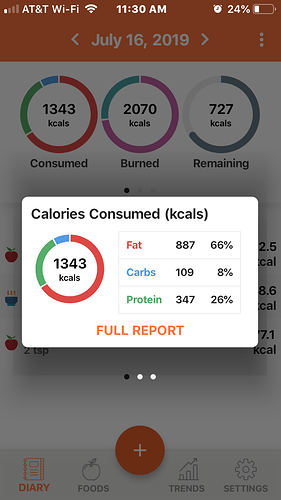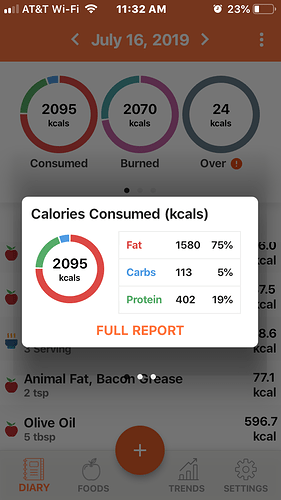@MD500_Pilot Regarding the metabolic slowdown issue, which seems to occur with caloric reduction in general: In addition to Dr. Fung’s work, there have been other studies done which indicate that it is a continuous reduction in daily caloric intake that is the culprit for triggering the so-called “famine response.” If you have alternating low and normal food intake periods, the slowdown is reduced or avoided.
Not just short time intermittent fasting, but longer periods, too. There was a study done of two groups of obese men. Group one was put on a daily-calorie-deficit diet for 16 straight weeks. Group two was given the same diet, but with alternating periods of 2 weeks on the low-cal diet, with 2 weeks on their maintenance-level calories, for a total of 30 weeks. The ones on the two-on, two off routine not only lost more weight, but didn’t have any slowdown in RMR during that time.
So just like with alternate-day fasting or other time-restricted calorie reductions, the trick seems to be to not make it a constant, unrelenting reduction, to where your body decides this is the new normal and has to make adjustments.
Also note, in that experiment I mentioned, they did not “feast” during the higher intake weeks - they ate at their maintenance level.
I think I must tend to do this more or less as part of my routine, because I will have periods of lower intake and then start to feel a little off - probably some metabolic slowdown, and then to counter that I have periods where I intentionally focus on eating more for a while. Not off plan, not huge amounts, but making sure I get in some regular, solid, well-balanced meals for a while. So maybe I’ve been following this all along without realizing it.



